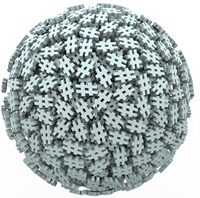
Top stories






More news

















Logistics & Transport
Uganda plans new rail link to Tanzania for mineral export boost







That's why the Mail & Guardian Online writes about '#Baltimoreriots: How the media fuels the racist mindset'.

The article states that "the coverage of the protests following the death of Freddie Gray has irresponsibly perpetuated the 'angry black male' stereotype," with looting and rioting in the streets following the 25-year-old's funeral.
AJR adds even US President Obama has "questioned the intense media focus" on the negative (destruction of property) over the numerous peaceful protests in the calm before the violence erupted.
And it's not the first time citizens have taken a stand on social media based on how traditional media has covered an event.
The Wall Street Journal reports that "we've heard about the power of social media many times before-from the Arab Spring to the documentation of police brutality all over America." They dubbed their article Baltimore Riots: Social media and the crisis on my doorstep, because when used correctly, "technology can provide context in a crisis" and make it that much more real, not just something you experience on a screen.
So real, in fact, that celebrities like comedian Cedric the Entertainer and Rihanna are now using social media to add their voice in reaction to the world's most trending hashtags at the moment #Baltimoreriots and #prayforNepal, reports EyeWitness News.
But is that enough to really make a difference? Click here for more on how the media covered the Baltimore riots.
